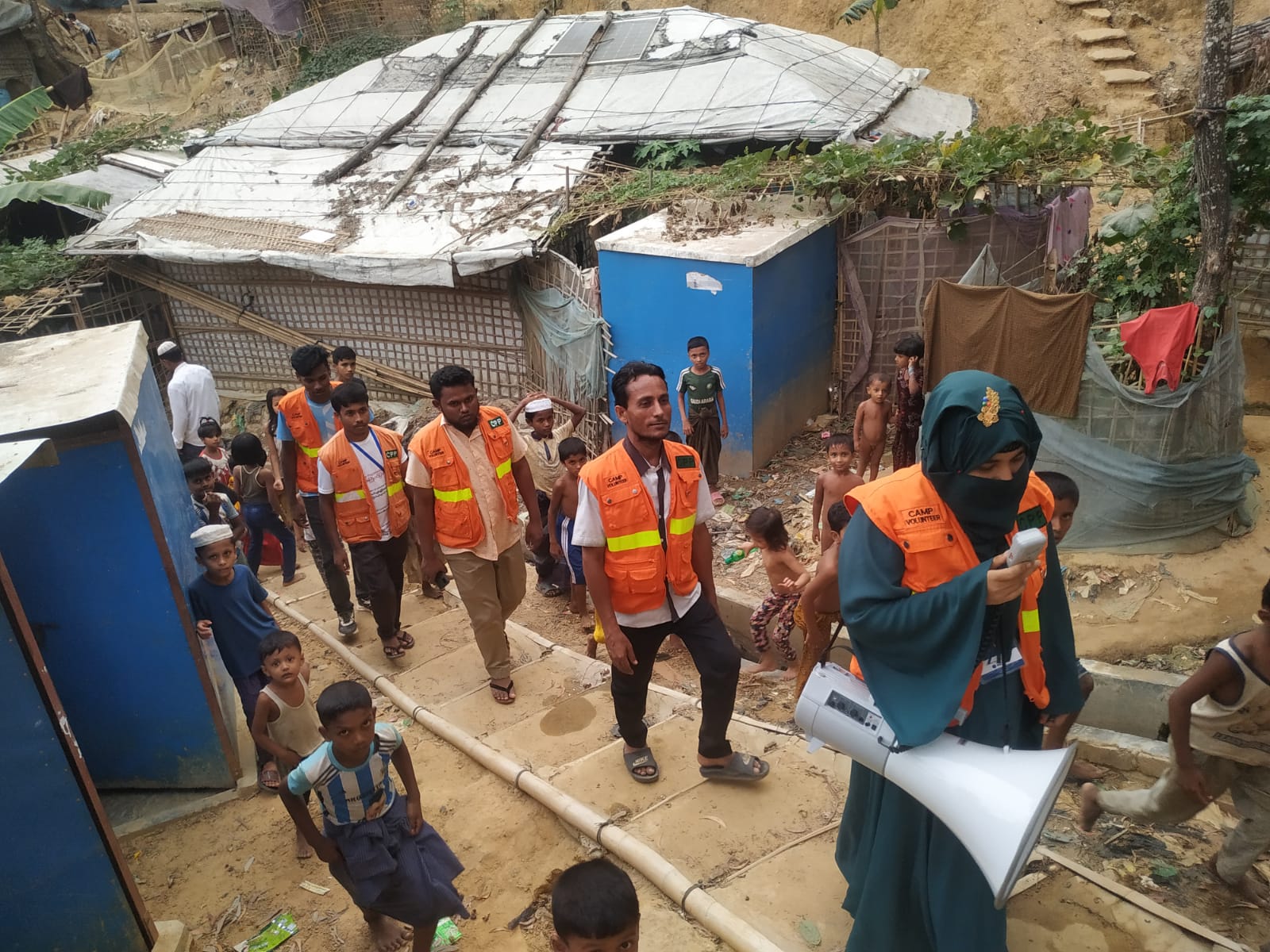Cyclone Mocha Case Study

Cyclone Mocha, a Category 5 storm, made landfall in Myanmar on May 14, 2023, causing significant damage in coastal areas of Bangladesh and Myanmar. Despite the challenges, Bangladesh’s disaster management efforts, led by the Cyclone Preparedness Programme, successfully evacuated over 700,000 people, with no reported loss of life.
This case study highlights the effectiveness of proactive measures and coordination among stakeholders in saving lives and minimizing the impact of severe weather events. A key learning is that anticipatory action does not always require triggering EAPs or funding if those are already incorporated into preparedness efforts and organizational guidelines to trigger early action that are not dependent on EAPs.
Cyclone Mocha Case Study jointly prepared by the Bangladesh Red Crescent Society, Cyclone Preparedness Programme, IFRC, and American Red Cross
